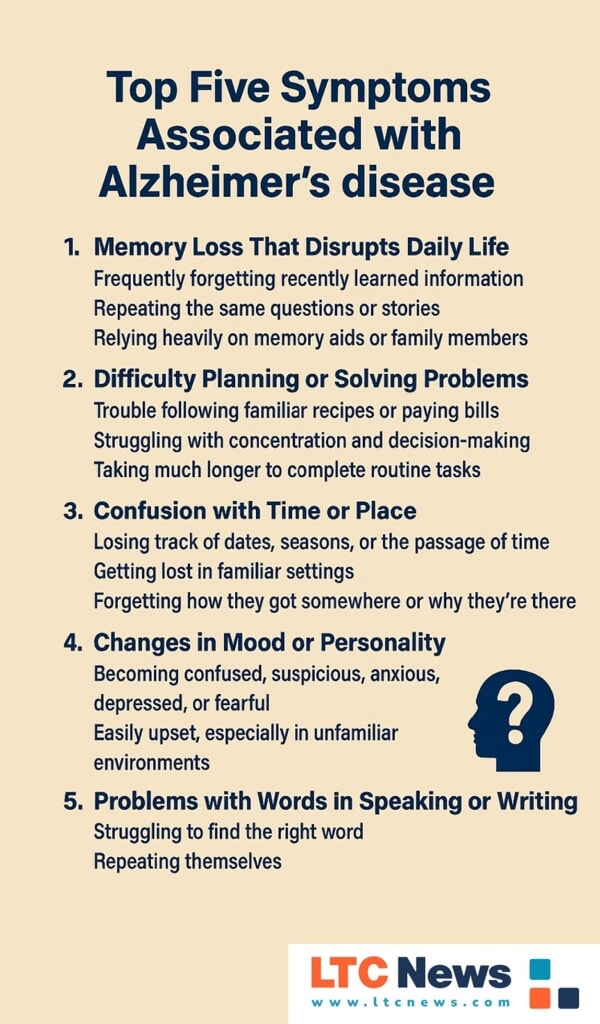New Alzheimer’s Breakthrough Targets Disease at the Cellular Level, Shows Promise

A promising new Alzheimer’s therapy developed by Boston-based Porosome Therapeutics is offering fresh hope in the fight against one of the world’s most devastating neurological diseases. Instead of merely treating symptoms, this breakthrough targets the disease’s root cause—and it’s already showing dramatic results in lab studies using human brain models.
The company announced a trio of major developments:
- FDA validation of its brain organoid-based studies,
- Significant reduction in Tau protein, a key Alzheimer’s biomarker, and
- AI-designed therapies that neutralize harmful proteins contributing to the disease.
These advances form part of what the company calls its “Reprogram, Restore, and Rescue” platform, designed to tackle Alzheimer’s at the cellular and molecular levels.
Unlike therapies that merely dissolve beta amyloid plaques, our platform directly targets the core biological dysfunctions of Alzheimer’s. We’re focused on restoring neurotransmission and metabolic integrity—essential functions that deteriorate as the disease progresses. — Guillermo Marmol, CEO of Porosome Therapeutics.
A Different Kind of Treatment: Inside the “Porosome”
At the center of this innovation is the porosome—a tiny but essential cellular nanomachine discovered by Porosome Therapeutics’ founder, Dr. Bhanu P. Jena, a renowned cell biologist. The porosome acts as the neuron’s “secretory hub,” controlling the release of neurotransmitters. In Alzheimer’s, this function breaks down.
Porosome Therapeutics’ approach introduces healthy porosomes into diseased neurons, restoring their ability to communicate and function. This represents a major shift from the traditional approach of trying to dissolve plaques or reduce inflammation alone.
Big Results in Just Two Weeks
Using human brain organoids—3D tissue models grown from stem cells to mimic actual brain structures—researchers saw marked improvement in just 14 days. The FDA recently validated the use of organoid models in Alzheimer’s research, and Porosome’s data showed reversal of disease pathology and Tau protein reduction within that timeframe.
The ability to create an immense impact in just two weeks is a promising step forward, It marks an important milestone as we advance Alzheimer’s research and care. — Dr. Bhanu P. Jena
AI Joins the Fight: Smarter Peptides, Better Protection
Porosome Therapeutics is also using artificial intelligence to design decoy peptides that neutralize beta amyloid (1-42), a toxic protein known to disrupt communication between brain cells. These AI-designed peptides bind more strongly to the harmful proteins, essentially “decoying” them away from critical cellular targets and protecting brain function.
Three Classes of Next-Gen Alzheimer’s Treatments
The company has developed three distinct therapeutic options, each targeting a different stage or function of the disease:
- Small Molecules and Peptides: Capable of crossing the blood-brain barrier to restore energy production in brain cells.
- Biologics: Designed to rebuild the porosome complex and restore the neuron’s ability to release neurotransmitters.
- AI-Designed Decoy Peptides: Developed to intercept and block harmful beta amyloid proteins.
What This Means for Families
For millions of families caring for loved ones with Alzheimer’s, news of a potential disease-modifying therapy—one that doesn’t just slow decline but reverses the damage—represents a major shift in what may be possible.
With over 6 million Americans currently living with Alzheimer’s, and no cure available, the burden on family caregivers and the long-term care system continues to grow. Many families struggle emotionally and financially, especially as the disease progresses and care needs become complex.
While this new therapy is still in the research phase, Porosome Therapeutics is actively exploring accelerated FDA approval pathways, raising hopes that clinical use could be on the horizon sooner rather than later.
Long-Term Care and Alzheimer’s: Planning Ahead
Alzheimer’s is one of the leading drivers of the need for long-term care services. The need for extended care increases with age, and Medicare or supplements do not cover the cost for caregivers or long-term care facilities outside the 100 days of skilled care.

Many families are left with no choice but to rely on family caregivers or personal savings to pay for extended care, or on Medicaid—but Medicaid is only available to those with minimal assets. Without Long-Term Care Insurance, many families face a crisis attempting to provide the quality care their loved one deserves.
However, if your loved one has a life insurance policy, there are ways to sell the policy and use the proceeds to pay for the needed care they need due to dementia or other needs for extended care.
Planning Happens Now
Advances in medical science may provide better treatment or even prevention of cognitive issues in the future. However, it could be a very long time from now, and dementia is only one of many reasons you may need long-term care in the future.
If you or a loved one is concerned about aging, memory loss, or you have a family history of dementia, early planning is essential. Long-Term Care Insurance will help cover costs for home care, memory care, assisted living, or nursing home care—not covered by Medicare or health insurance. Delaying the purchase of LTC Insurance could make it more expensive or even unavailable.
Get accurate LTC Insurance quotes from all the top insurance companies that offer long-term care solutions from an experienced specialist.
Most people purchase LTC Insurance between the ages of 47 and 67. Use the LTC News Cost of Care Calculator to find the current cost of extended care where you live or to estimate future care expenses in your area.
If your loved one needs extended care now, use the free LTC News Caregiver Directory to search for quality care by zip code. If your loved one has an LTC Insurance policy, don't hesitate to use the benefits immediately. LTC News partners with Amada Senior Care to help you process any LTC Insurance claim at no cost or obligation- Filing a Long-Term Care Insurance Claim.
Be sure to notify the care provider or facility that they have an LTC policy—this can give you access to higher-quality services faster.
Meanwhile, medical science is doing its best to provide better treatment and quality of life for those with memory decline.


